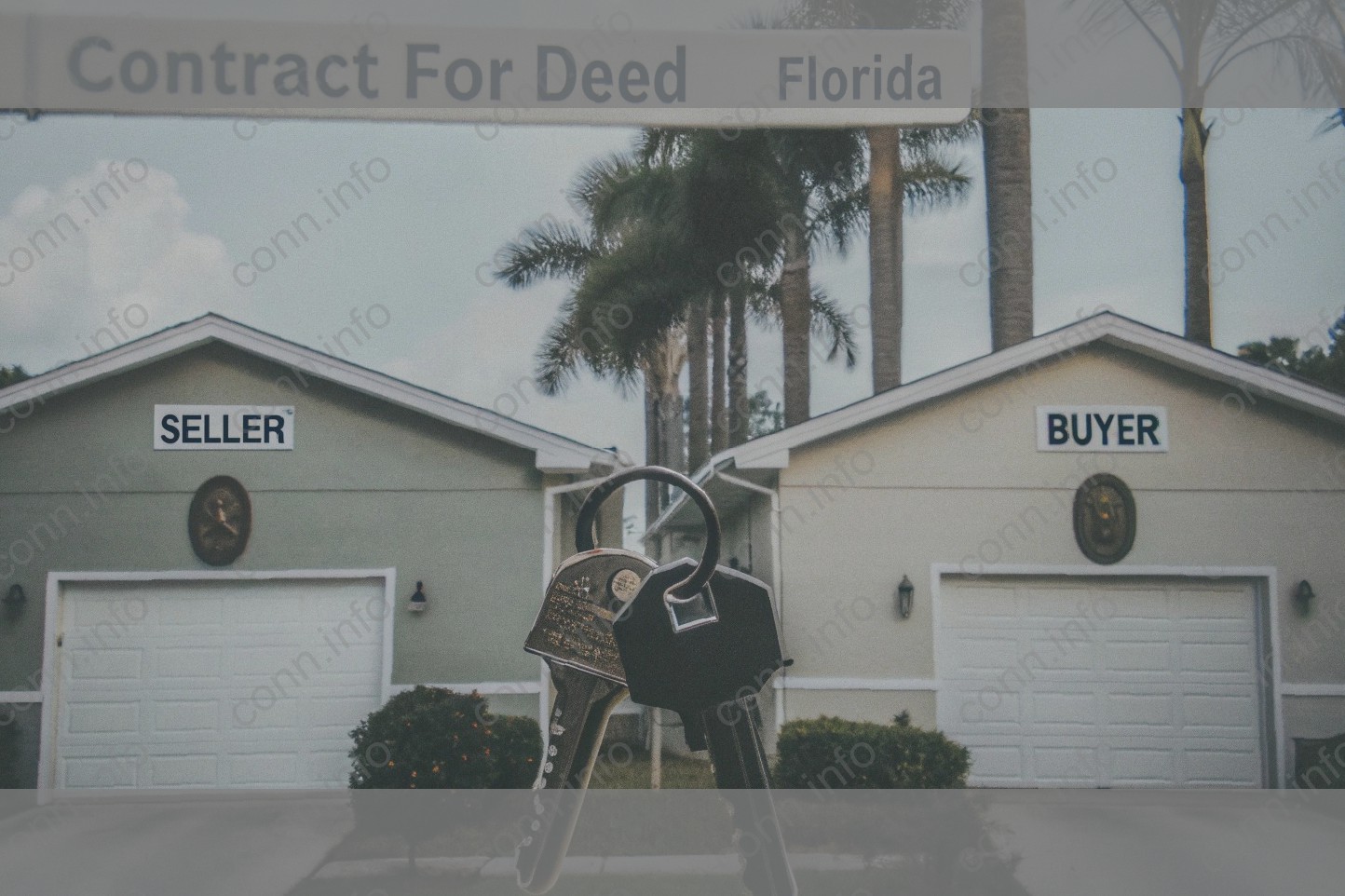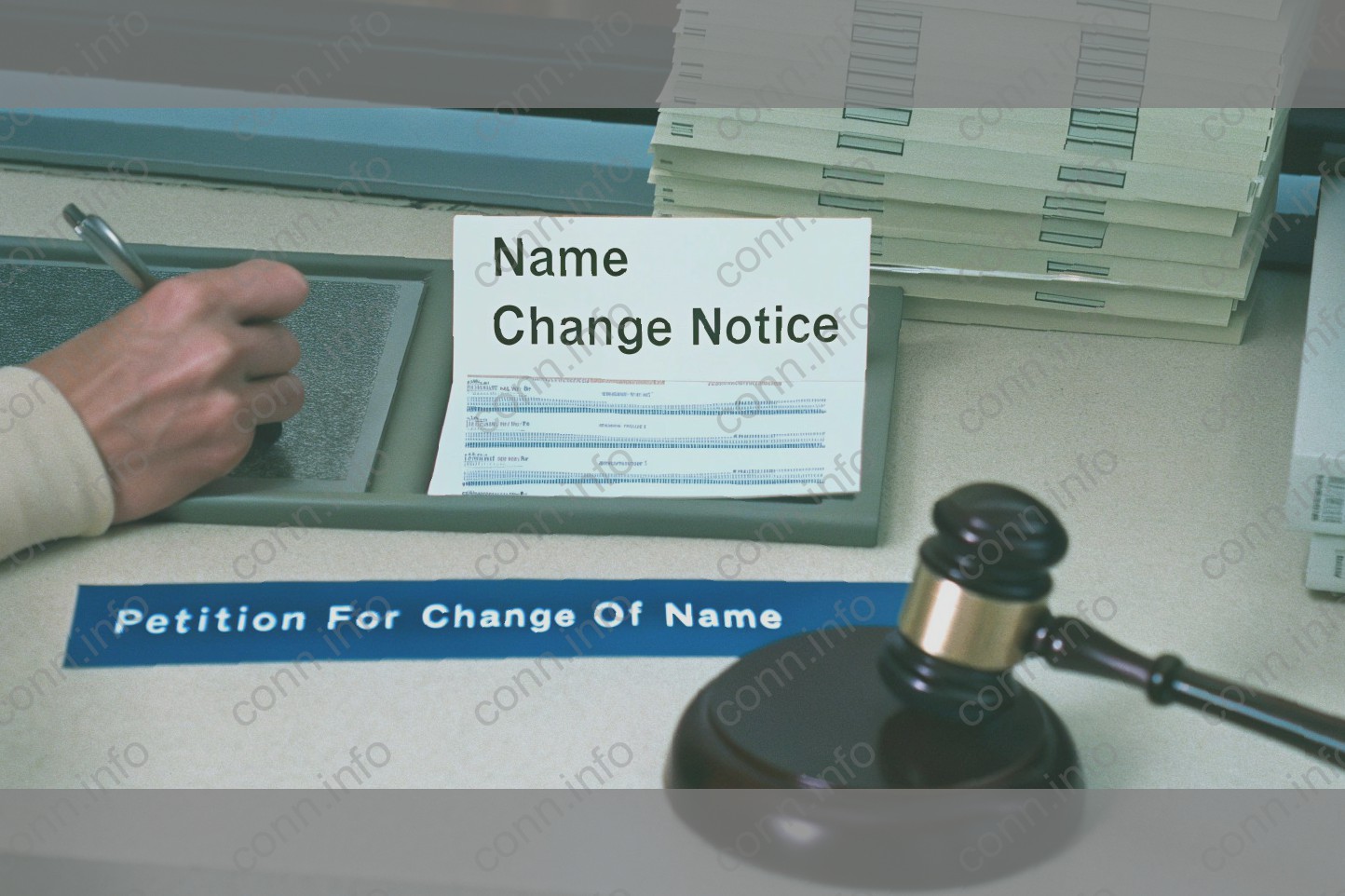What is a Florida Contract for Deed?
A contract for deed in Florida is a contract wherein the purchaser receives equitable title to real estate upon making payment of periodic installments. It is an executory agreement much like an installment land contract where, in most cases, the buyer is expected to make all property tax payments and fees in their name as they generally do with a traditional mortgage.
Under a Florida contract for deed, the seller (sometimes called the seller-financer) agrees to sell the property to the buyer, and the buyer agrees to make a down payment and a series of installment payments to the seller. Once the final payment has been made, the seller transfers the legal title of the property into the name of the buyer.
If the buyer fails to make any of the installment payments, the seller has the right to declare the contract in default and may have to institute an action to have a Florida court foreclose on the property and return legal title to the seller, as the buyer had not paid for the property according to the terms and conditions of the contract.
For this reason, a Florida contract for deed is at times referred to as a land contract or agreement for deed . As a general rule, Florida contracts for deed are often confused with Florida mortgages; however, there are some crucial differences. With a Florida contract for deed, the seller retains legal title of the property until all payments have been made, while with a Florida mortgage, the buyer receives legal title and the seller has a lien on the property until the mortgage is paid in full.
It is also important to realize that the Florida contract for deed is not treated like Florida mortgages. The buyer cannot simply turn in the sales contract and obtain a mortgage from a bank or other lender to cover the remaining balance owed as they would with a Florida mortgage. They must instead satisfy the terms and conditions of the contract for deed if they wish to secure legal title to the property.
For this reason, many Florida sellers prefer the contract for deed, as it gives the seller greater control over the property and enables them to potentially get out of the contract without resorting to litigation. However, it is equally important that buyers familiarize themselves with the terms and conditions of the contract for deed as well to ensure they make the proper payments and avoid default.

The Advantages of a Contract for Deed
The benefits of using a contract for deed in Florida include low upfront costs which allow both buyers and sellers an easier buy-in if cash flow is a concern. Financing is typically up to 100% of the property value and does not require PMI (private mortgage insurance). Another benefit is the ability to negotiate flexible payment terms. This makes it ideal for buyers who may need additional time to pay off the purchase price or present what would otherwise be an unqualified loan application. Given the instability of the last few years, this type of deal often allows people to put together the financing needed to make the purchase of property in Florida.
The practical goal for the seller in offering a contract for deed is to sell real estate at a premium to what they may have obtained through a sale. If the seller is obtaining financing for the home purchase, the premiums on the underwriting are higher than if the buyer could obtain their own loan, given their own credit history and profile.
The Risks and Disadvantages of a Contract for Deed
While a contract for deed offers an attractive option for some buyers, there are potential risks and drawbacks that both parties should consider. For the buyer, he or she could wind up forfeiting money if he or she misses payments or violates other contract terms. The seller can evict the buyers with relatively little notice and without going through a formal foreclosure proceeding.
But these pitfalls may not be unique to contracts for deed. What makes them so dangerous is a lack of awareness about them in the current legal climate. Buying a home through a contract for deed in Florida is not as legally safe as it was 10 years ago.
Florida law gives buyers certain protections against unfair practices and fraud during the home-buying process. For example, if the buyer is not aware of a problem with the home, the seller is liable to the buyer for money damages. With a contract for deed, however, the seller transfers equitable title to the home to the buyer. This means that the seller no longer has liability for issues related to the home, even if the buyer asks the seller to make repairs. The buyer cannot rescind the sale and demand the money back.
Additionally, most buyers using a traditional mortgage are protected by the Statute of Frauds, which requires mortgage agreements over a certain amount to be in writing to be legally enforceable. But a contract for deed, like the land contract, requires no written agreement — leaving the buyer who reneges on a deal holding an unenforceable contract.
It goes without saying that the seller is at risk of serious financial loss in the instance that the buyer fails to live up to general financial obligations. If the seller is financing the purchase and the buyer fails to make payments, the seller could be stuck with a house and no monthly income to help pay for it.
Both parties should also be aware of how taxes and insurance should be handled. In general, the responsibility for both of these items defaults to the party listed as the owner of the title. If the buyer in a contract for deed fails to pay property tax or home insurance, the seller could risk losing the home or driving costs up.
Although neither party in a contract for deed has an obligation to have the document notarized, both parties can benefit from having the contract and any amendments notarized. In the unlikely event that either party disputes the document, having it signed and notarized could save the day.
Florida Contract for Deed Legal Requirements
Contract for Deed, also known as Land Contract, is a popular alternative to traditional financing. However, both federal and state laws impact how the contract will be structured. In Florida, contracts for deed are typically structured as a combination of a lease and an option for purchase. While this is not a requirement, this hybrid format protects the buyer against both a fraudulent or careless seller and a careless lender.
There are legal requirements that must be met in Florida when utilizing a CD. Florida contracts for deed are governed by 689.02, F.S. Your contract should contain the following:
· Name and address of each buyer
· Name and address of each seller
· Postal address of the property and a general description
· Purchase price
· Payment terms
· If there is a down payment
· How much it is and when it is due
· Monthly installment amount
· If there is an insurance provision
· How much, what amount, where it goes and if there is an escrow account
· If there is a provision for taxes
· When they are due and where they go
· When the balance of the purchase price is due
· Whether the balance can be paid in installments and, if so, what is the payment schedule
· What happens in the event of default
· How property taxes will be addressed
· When interest payments begin
· How payments are made
· How default is addressed
· What happens if a tenant fails to pay rent
· How the mortgage will be handled upon default
· How the contract can be cancelled
· A clause stating that the contract carries no equity of redemption
· How the property may be transferred
· Under what conditions the seller can terminate for default of the buyer
Contract for deed is a superb way to make home ownership possible for those who might otherwise have trouble obtaining financing. In Florida, there are a few legal requirements associated with these transactions, but the agreements also provide protections in case of a default.
How to Draft a Florida Contract for Deed?
Crafting a contract for deed in Florida requires meticulous attention to detail to ensure compliance with state laws. From negotiating the purchase price to outlining the terms of financial contribution, every detail in creating a deed of contract is crucial. For Florida residents looking to purchase or sell property through this type of deed, here is a concise step-by-step guide for drafting such a contract.
1. Negotiate the Purchase Price and Down Payment
Take a thorough look at the available listing prices for similar properties when figuring out the price of the property you want to enter into a contract for deed with. In addition to setting the purchase price for the property, you will also need to agree with the buyer on the down payment of the contract.
2. Seal a Functioning Agreement
Take care to go through the details of the agreement as thoroughly as possible. You need to outline all the payment details, including interest rates, taxes, insurance and title costs, in addition to all the contingencies, such as the closing date and responsibilities for repairs or contingencies. When creating the initial draft of the contract, be very clear in your wording. This will help in avoiding any confusion between the parties signing the document.
3. Get Professional Help with Drafting the Contract
Once you have the first draft of the contract drawn up , it’s a good idea to get the assistance of a highly experienced real estate attorney in reviewing the comprehensiveness of the document. It is imperative that specific property features, such as lot size and included features, are included in the contract, essentially leaving no room for uncertainty in the minds of either party. A knowledgeable real estate lawyer will also help you uncover any potential red flags. An attorney may also offer guidance on how to increase the chances of contract approval.
4. Review and Negotiate the Sale Price with the Buyer
Once you have the contract, it is time to present it to your prospective buyer to go over the details. Make sure they understand every detail, and pay attention to their response. If there are any questions coming up, be prepared to answer them clearly and concisely.
5. Check the Details Against State Laws
Finally, once you both do agree on the details of the sale, double-check the document you so carefully drafted against the requirements of a Florida real estate contract. Check the following against the contract: Selling or buying a piece of real estate can be a complicated process, but using a contract for deed can help save on costs up front and bring flexibility to the transaction. The above steps can help you in creating a contract for rent to own in Florida or a purchase agreement that saves you money.
Litigation and Remedies for Contract for Deed Disputes
Apprehending disputes and legal recourse
With the real estate market return, there are a number of new contract for deed arrangements surfacing in Florida. Given the propensity to litigate in Florida, if the contract for deed does not meet all requirements, it could be found to be a mortgage which is subject to foreclosure. Typically, if the contract for deed does not substantially meet the requirements of a Florida mortgage and the purchaser is in default under its terms, such default will entitle the seller to terminate expectations under the purchase and sale agreement and retain all monies paid under the contract for deed.
A party’s first line of attack may be to send a notice of default alleging various misrepresentations and seeking specific performance of the Contract for Deed agreement. Typical claims made by purchasers include a circumstance where the seller admits to knowing that the property was worth substantially more than the purchase price but nevertheless made a misrepresentation to the purchaser in connection not only with the property value, but misrepresentation as to the benefits as a result of owning such property. Other misrepresentations apparently made by sellers include representations that there were no existing mortgages or liens on the property when such representations are clearly false. Regardless of the claim, a seller possesses a right to cure such default, and if not cured, a seller has a right to terminate expectations under the purchase and sale agreement and retain all monies paid under the contract for deed.
If a seller proceeds to file a suit for specific performance of the Contract for Deed Agreement, such lawsuit will be filed in Circuit Court. Should the dispute involve an amount less than $15,000.00, the dispute would be filed in County Court where the parties would have six months to prosecute their litigation. Under either forum, the discovery period would be quite limited, the case would go to trial in six-seven months, and a trial could last a single sitting. Mediation may be required by a trial court in order to attempt to settle the matter, whether that is provision of additional time to allow for curing of any potential defaults that may exist, or a lessor purchase price for the property.
Frequently Asked Questions
Is Florida contract for deed the same as a lease with option to purchase?
There’s a significant difference between these two agreements. A lease with an option agreement gives the buyer a choice to purchase the home at some point in the future. With a Florida contract for deed, there is no option. The buyer pays a set amount each month for a mutually agreed upon period of time, and when the mortgage is paid in full, the buyer is then granted title to the property. The buyer doesn’t have the ability to opt out of the arrangement without the seller’s permission.
What happens if a Florida contract for deed isn’t signed by a notary?
If the contract for deed does not include a notarized signature, it’s completely unenforceable. The agreement must be signed by the buyer and seller in front of a notary and either the county clerk or a state approved notary public for the contract to be valid. A properly notarized contract is also required for the contract to be filed with the local Clerk of Court.
Has a Florida contract for deed been found to be a mortgage?
It’s not unusual for buyers to want to dispute a contract for deed , particularly when they realize their first line item on their payment is somewhat of a legal fiction. Buyers are not given a mortgage, but are given an option to purchase the property. The Florida Supreme Court found in 1994 that this does constitute a mortgage and not a title transfer to the buyer.
Should I consult with an attorney before entering into a Florida contract for deed?
A Florida contract for deed can be extremely risky for both buyers and sellers. It’s not uncommon for one or both parties to encounter unexpected issues in the process. For instance, dilatory tactics are not unusual when a distressed sale is involved. An experienced real estate attorney can provide you with sound legal counsel at every stage of the transaction process.



